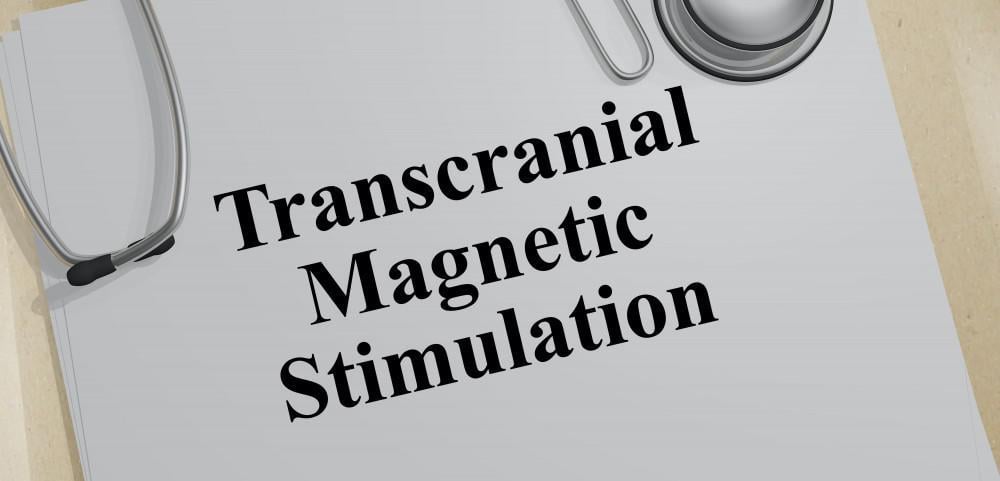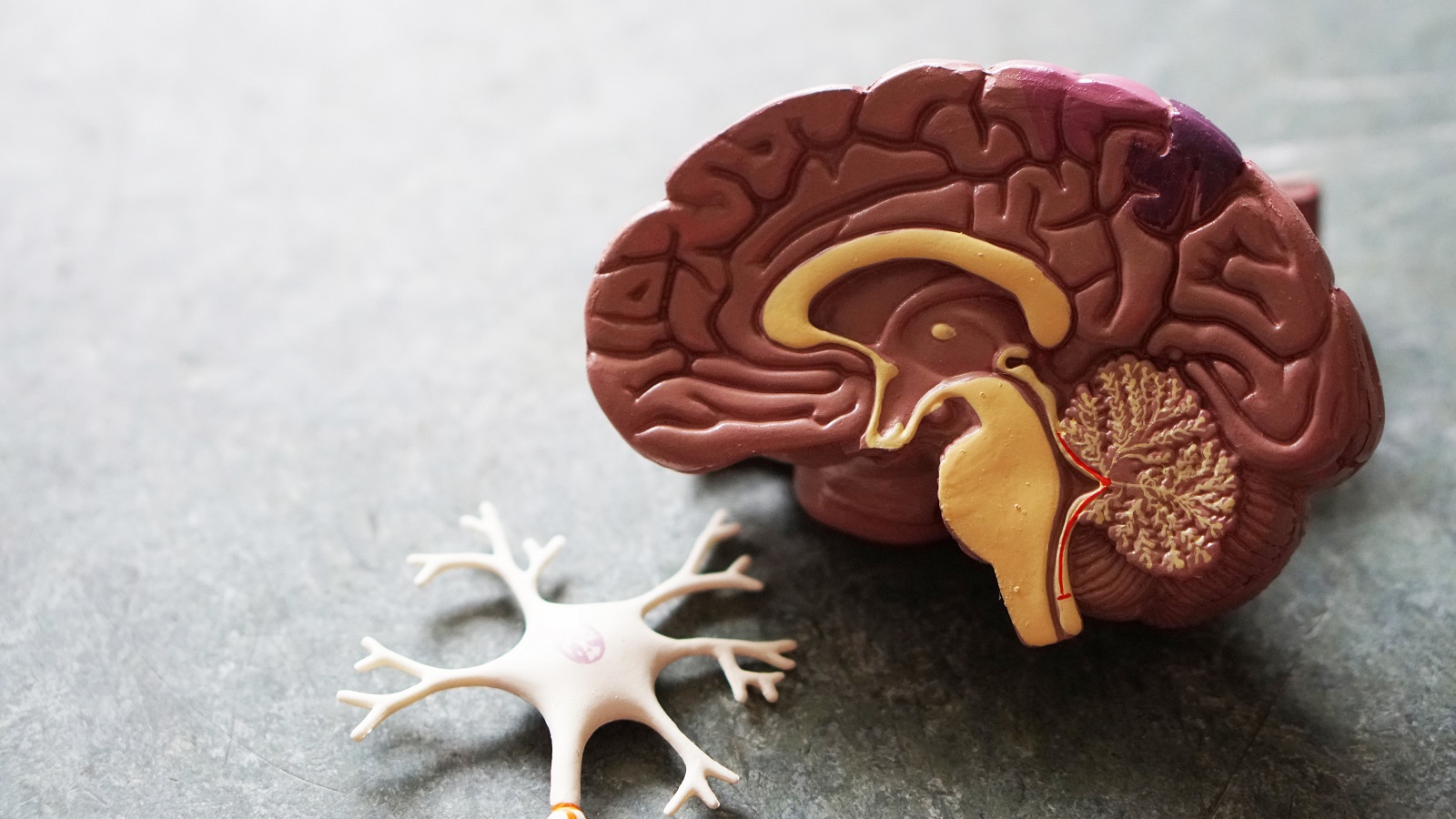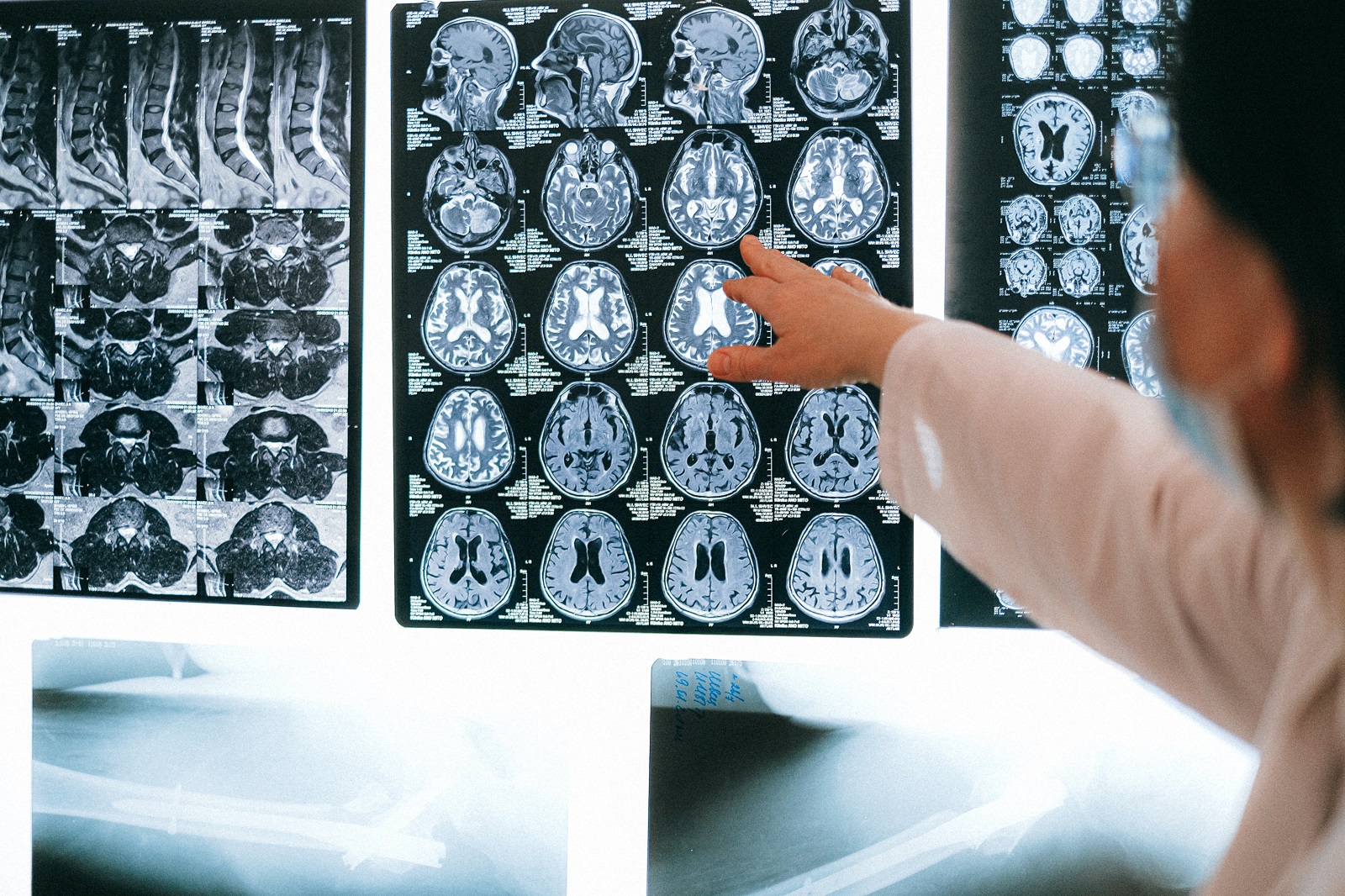In today’s Health Smart, we are talking about the holiday blues and a noninvasive cutting edge treatment for people with depression. A recent study reveals 64 percent of people surveyed experienced feelings of anxiety or depression during the holidays, but depression affects one in six people year-round. And joining us now is neuroscientist and founder of Bespoke Treatment Ben Spielberg, along with patient Kelly Rosenthal. Both of you thank you for being here. Ben, let’s start with you. Tell us a little bit about TMS, how it works and how it treats depression.
I’d love to. And thank you again for having us. So most people think about depression as this sort of chemical imbalance or serotonin deficiency, but the research shows that about 30 percent of people don’t respond to traditional treatments like talk therapy or medication.
So researchers have figured out that the brains of depressed people look very different from the brains of non-depressed people. In particular, there’s one specific area of the brain that’s underactive in depression. So we see you gas blood flow, gas metabolism and what TMS can do is it basically increases activity in that specific part of the brain.
So it’s brainwaves or frequency. We were talking a little bit about what that might feel like. The machine goes on top of, obviously on their head (exactly) for three minutes. Yes,
just three minutes on the past TMS therapy used to take about thirty-seven and a half minutes per session. And in twenty eighteen, the FDA cleared a three-minute protocol, which is basically a more scientifically advanced frequency to train the brain. How to respond better.
Kelly, let’s talk to you about this. I mean, the TMS sessions you say have changed your life. You went through a lot before. You said you didn’t want talk to your friends. How are you feeling now?
I’m feeling pretty good now. Six and a half months over I before I recovered from a stroke and brain surgery. And now I’m working and I can get out of bed and shower. And that wasn’t a thing that I would do normally. Yeah and I’m living like life normally and proud. and I can and I actually graduated college and (congrats) it doesn’t thank you. And it doesn’t feel like a heavy like she is over me every day and it feels like I don’t have a dreadful pain that I endure every single day. It’s crazy.
You had to do this five days a week, right. Is for a six-week period. And but the good thing is it’s only for three minutes. How soon did you feel a difference?
I felt different pretty quickly, actually, the first couple of weeks. You can slowly, like, notice that, like maybe you’re not as dull or things like you, you’re less pessimistic and like you don’t hate your life or want to kill yourself so much more like things like that. (it’s a good thing)
Yeah, exactly. Like when it gets that dark you just find cure (Yeah) and everything and you know, your life doesn’t look that bad. Like the more, you get the TMS. That’s why I actually extended it and got more of it than just the one-month period. That is the normalized time.
And we really appreciate your candor and your bravery in sharing your story and being so candid with all this, because I know a lot of people it’s don’t want to talk about depression. So then can you talk about just how long the impact lasts of TMS? You know, is it something that they and have to do in another six months?
So the research shows that about 90 percent of TMS responders have maintained effects of TMS after 12 months. So we do see very long durability in terms of the effects of TMS.
And where’s your center? It’s in Santa Monica, (Santa Monica), right between West L.A. and Santa Monica.
All right. And is it covered by insurance? A lot of people out there are probably wondering.
TMS is covered by most of the major insurance policies. Each insurance plan has different requirements in order for TMS to be covered. But if people give us a call, we’re happy to guide them through that process.
All right. Thank you both so much. Thank you, Kelly. Appreciate it. For more information, head to tmsbrainhealth.com, and again, thank you, guys.



















